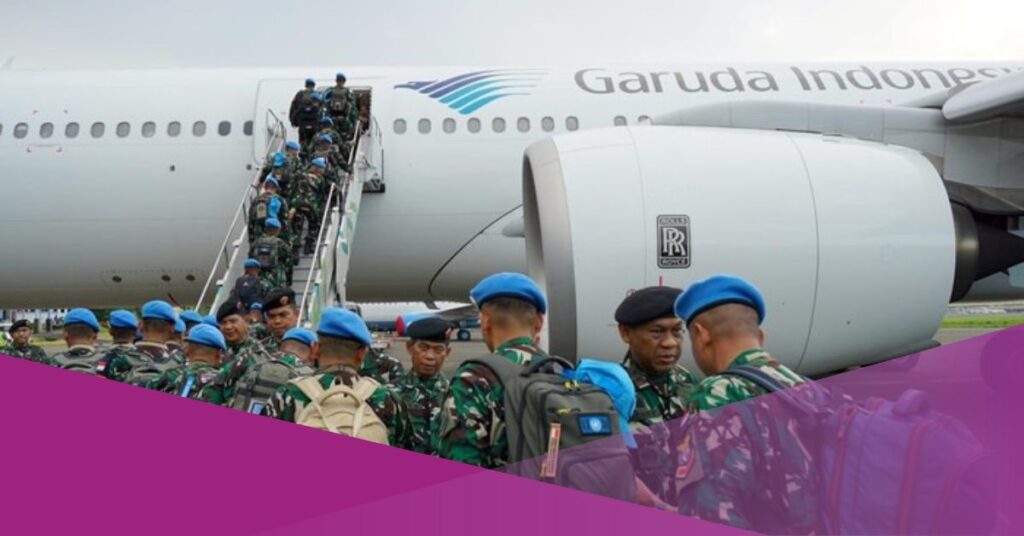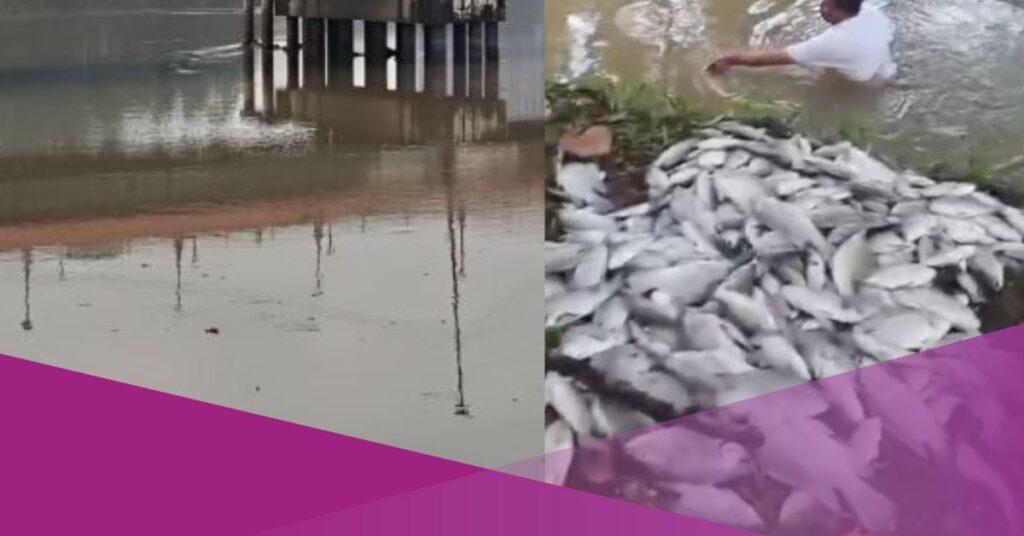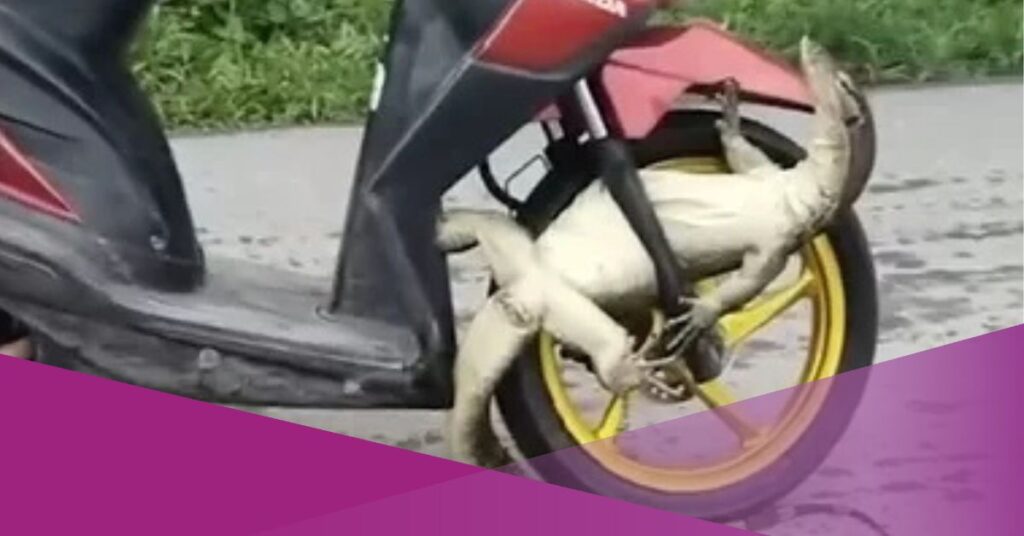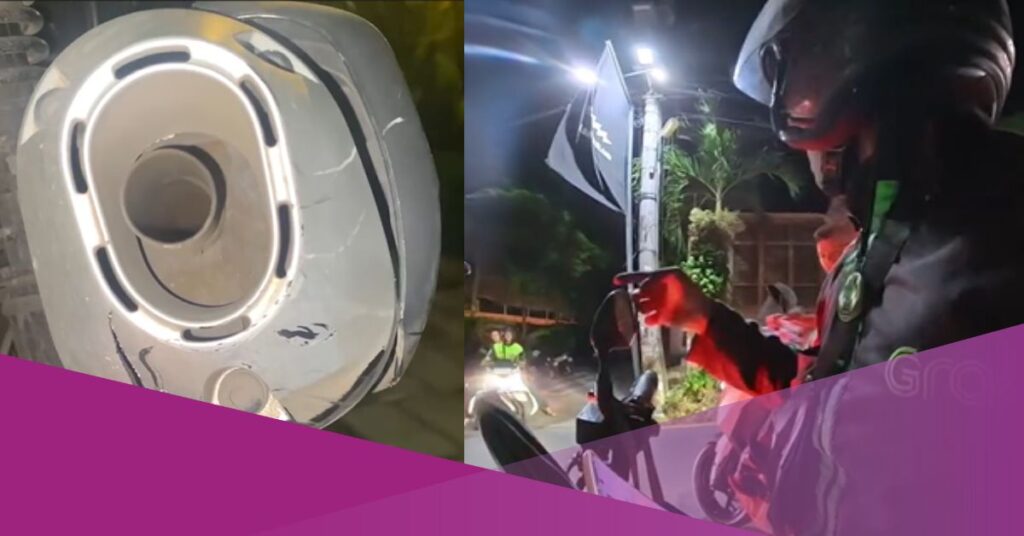The death of Brazilian national Juliana Marins during a hike on Mount Rinjani, Lombok, Indonesia, has prompted international concern, with the Brazilian government considering legal action against Indonesian authorities.
Through the Federal Public Defender’s Office (DPU), Brazil has opened the possibility of bringing the case before the Inter-American Commission on Human Rights (IACHR), should there be sufficient evidence of negligence in the rescue efforts.
Juliana’s body was repatriated to Brazil on Tuesday, 1 July 2025, where it was immediately transferred to the Legal Medical Institute (IML) in Rio de Janeiro for a second autopsy.
This re-examination was conducted at the request of Juliana Marins family, who expressed dissatisfaction with the initial findings and sought greater clarity on the exact cause and timing of her death.
The first autopsy had been performed at Bali Mandara Regional Hospital, following the recovery of her body from a ravine approximately 600 metres deep on the Mount Rinjani hiking route on Thursday, 26 June 2025.
Indonesian authorities had earlier declared that efforts had been made to locate and evacuate Juliana during the search and rescue operation, but the family raised concerns regarding the timeliness and adequacy of those efforts.
Speaking to the press on Wednesday, 2 July 2025, Indonesia’s Minister of Forestry, Raja Juli Antoni, addressed reports that the Marins family intended to sue the Indonesian government.
“If it is true [that there is a lawsuit], I haven’t checked whether there are lawsuits. Yes, of course, it is their right. And we will try to be responsible for what we did,” he stated after attending a working meeting with Commission IV of the House of Representatives at the Parliament Complex in Senayan, Jakarta.
Antoni reiterated that efforts had been made by the Search and Rescue (SAR) Team and local volunteers.
“The SAR team, along with Mount Rinjani volunteers, carried out rescue efforts. In fact, several helicopter units had been prepared to accelerate the evacuation process,” he said.
However, he acknowledged the challenges faced during the rescue.
“The terrain was extremely difficult, and the weather during the evacuation process was not favourable. So, theoretically, we maximised our efforts. But as I said yesterday, we cannot be anti-criticism. Mr Prabowo underlined that we cannot be anti-criticism,” he added, referring to Defence Minister Prabowo Subianto’s earlier statement on institutional accountability.
Indonesian Authorities Maintain Compliance with National Rescue Protocols
Lalu Mohammad Faozal, Acting Regional Secretary of West Nusa Tenggara (NTB), also responded to the ongoing scrutiny.
He defended the conduct of Indonesian authorities during the rescue, asserting that procedures had followed national standards.
“The Indonesian government has made maximum efforts, meaning that both the rescue process and others that have been carried out are like standards in Indonesia,” he told Kompas.com.
Faozal emphasised that Juliana’s family had every right to request a re-autopsy in Brazil.
“The re-autopsy is the right of Juliana Marins family. We will wait for the extent of the process carried out in Brazil,” he said. “But what is certain is that the Indonesian government, the state apparatus in Indonesia, and the rescue personnel operated in accordance with standards in Indonesia,” he added, correcting a prior verbal misstatement that was recorded during the interview.
Minister Antoni also expressed his appreciation for the volunteers involved in the operation.
“Humanity transcends the boundaries of religion, ethnicity, and citizenship and even beyond fear. The danger is extraordinary. They even slept down below. With the threat of a storm, they also disappeared [into the terrain],” he stated.
The legal developments will be closely watched by both Indonesian and Brazilian authorities.
Should the DPU pursue legal channels through international human rights institutions, it could mark a significant diplomatic moment between the two nations concerning international standards in search and rescue operations involving foreign nationals.



































